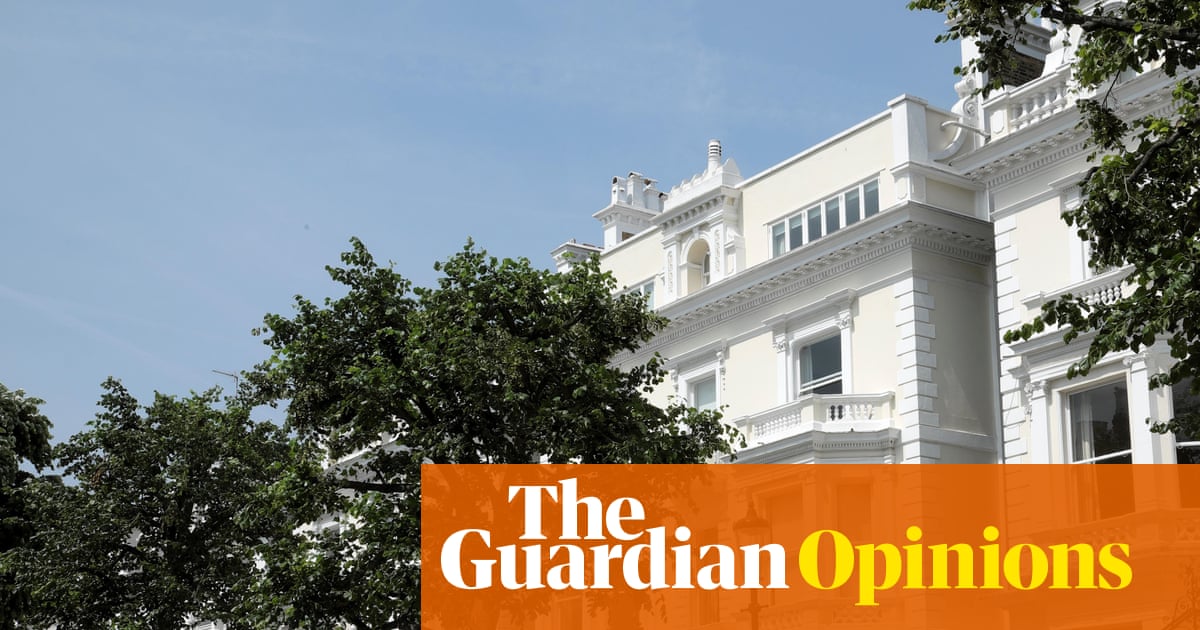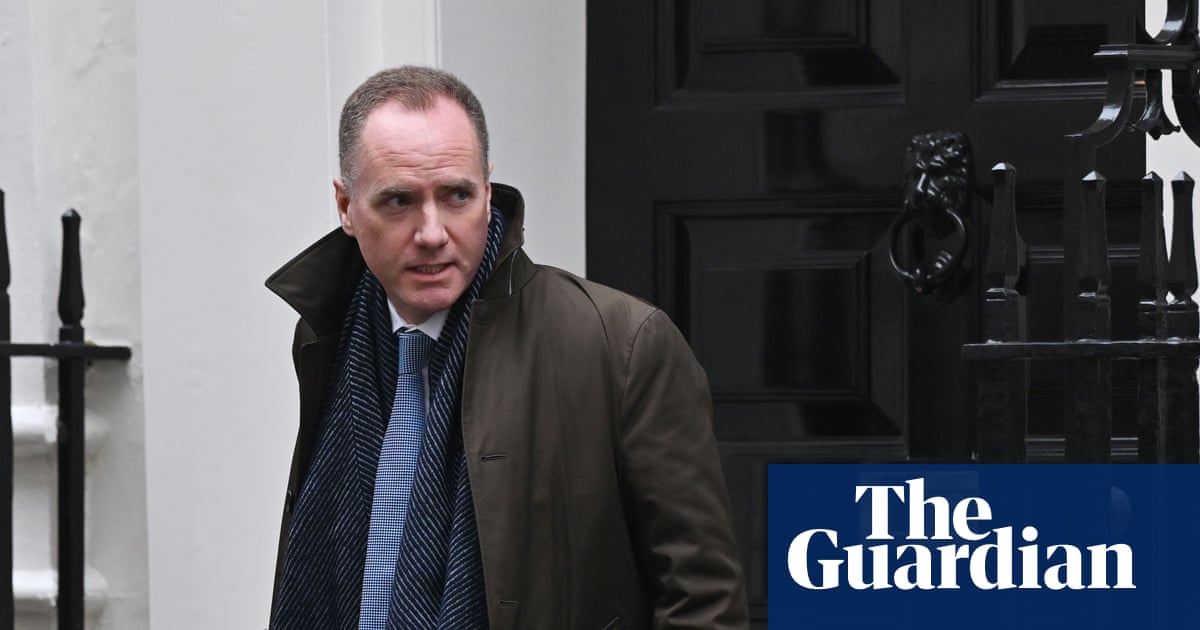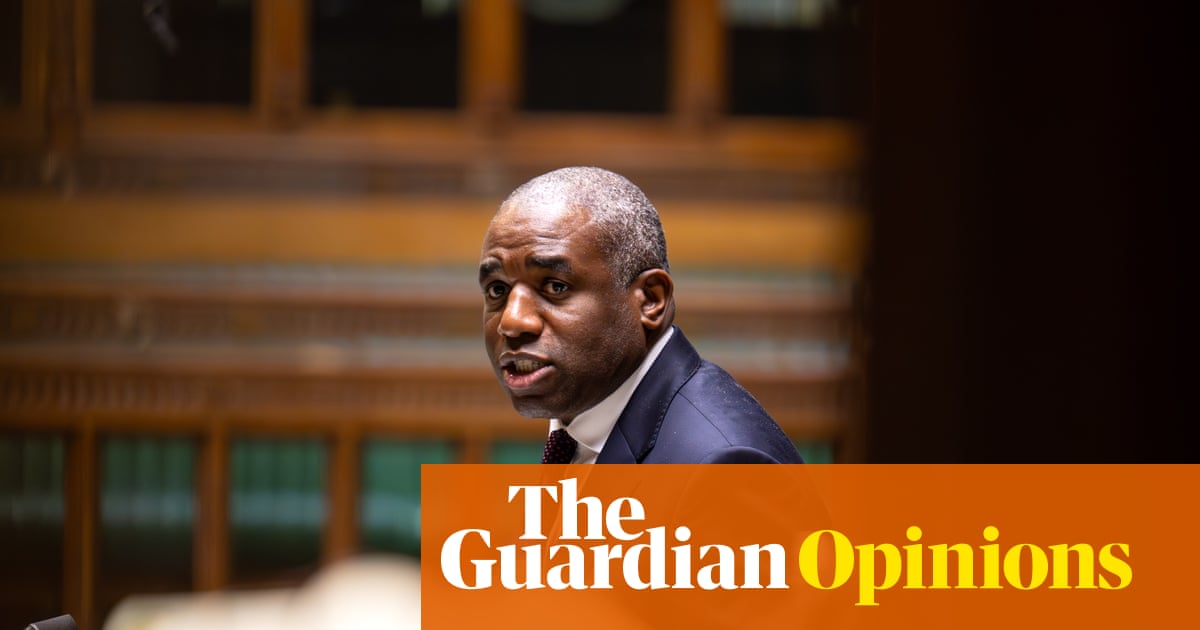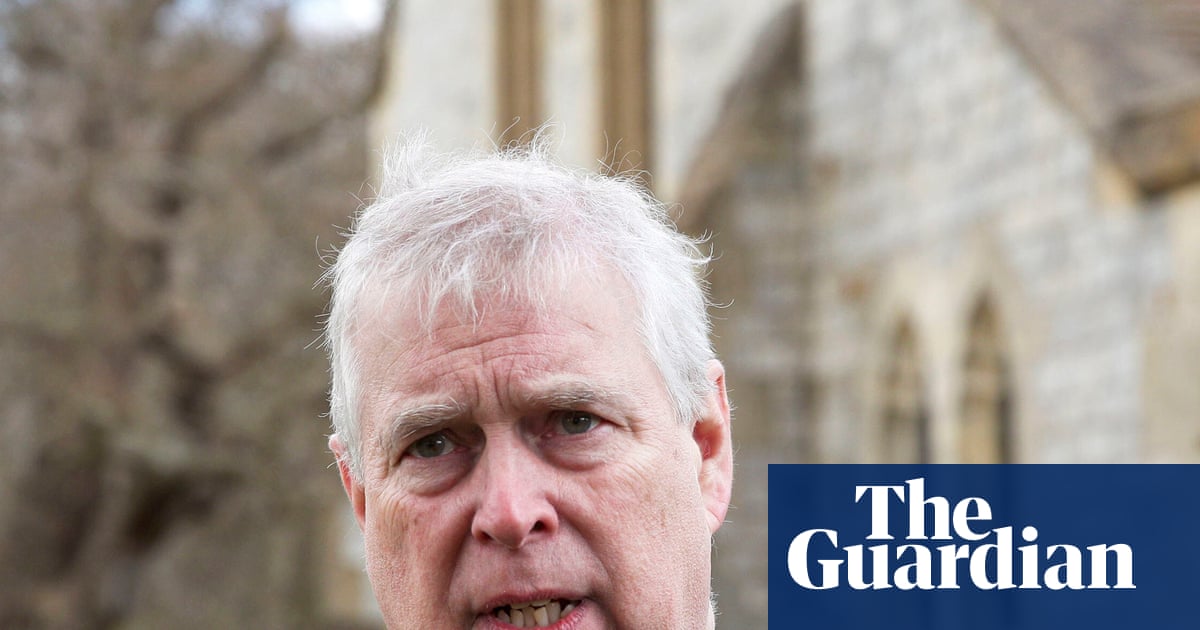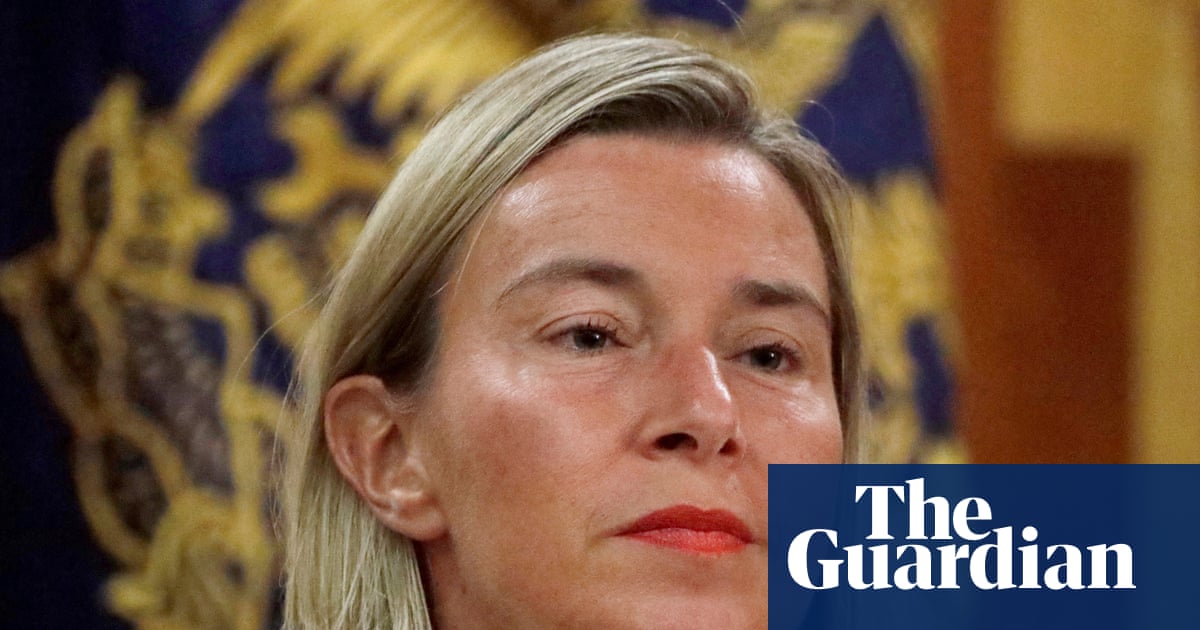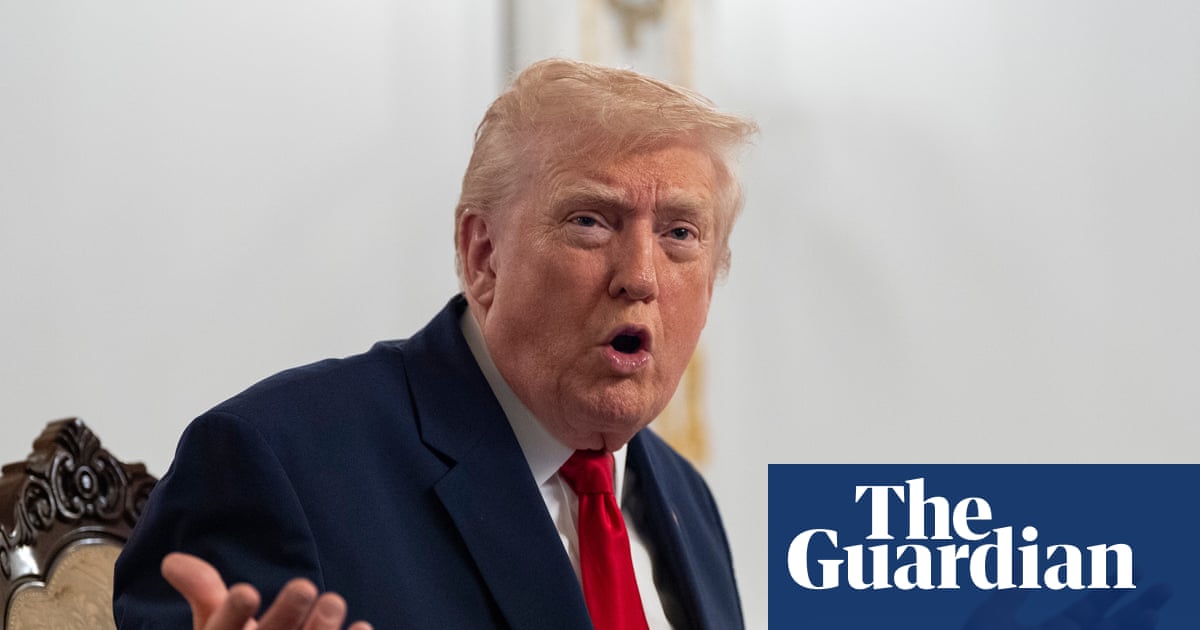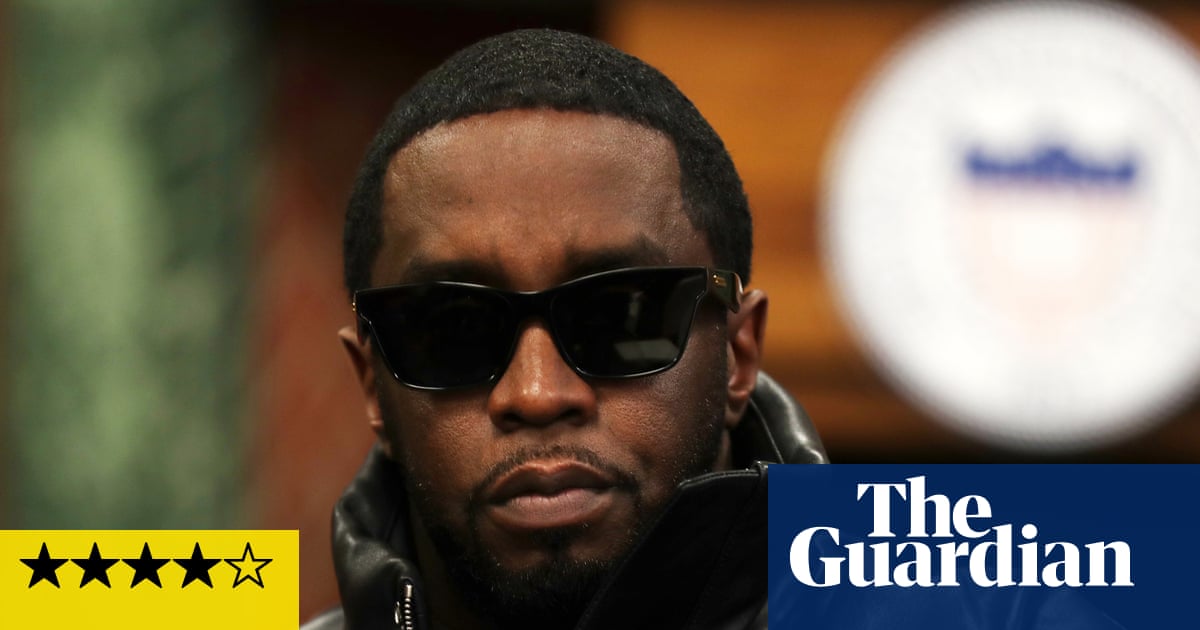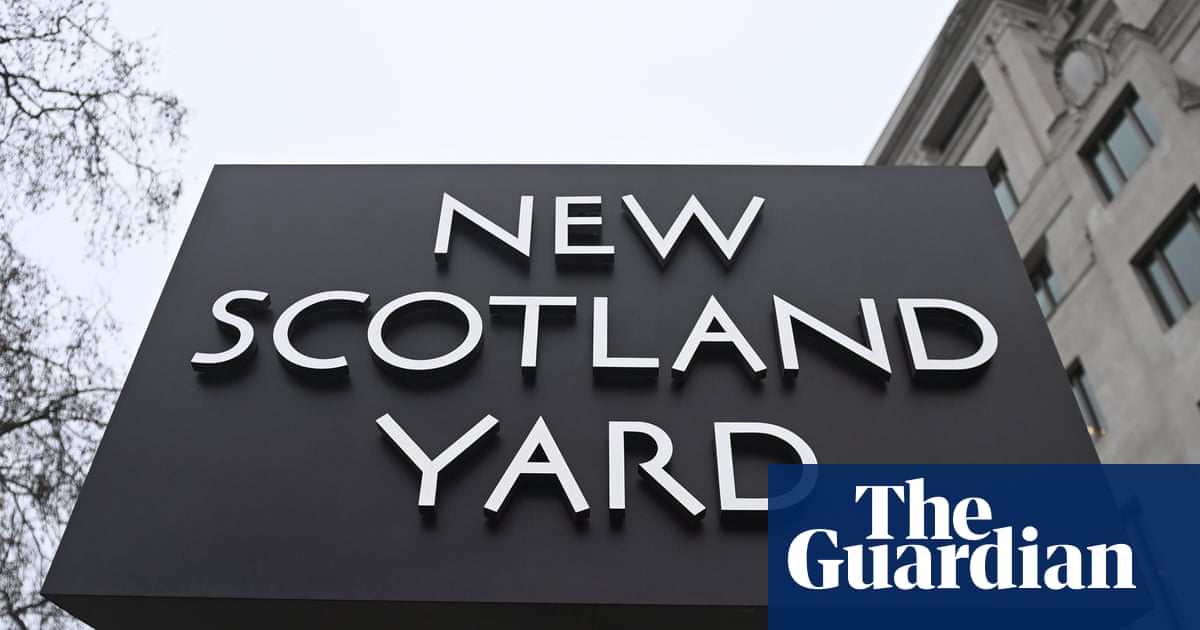Shortly before 10am on Monday, the Conservative MP Alicia Kearns received an unwelcome phone call. “I don’t know how to tell you this,” said the specialist police officer on the line. Ten minutes later the Old Bailey heard what Kearns now knew. A long-awaited trial of two men – a former parliamentary aide to Kearns, Christopher Cash, and an associate, Christopher Berry – accused of spying for China was to be abandoned. “The cops were equally disappointed,” Kearns told the Guardian.
The trial had been expected to be an extraordinary test of London’s already fraught relationship with Beijing. Scheduled to begin at Woolwich crown court on 6 October, it had been expected to hear allegations that “politically sensitive” information was passing from Westminster to a member of China’s ruling politburo.
Kearns, a key witness, had no forewarning. A week earlier, police from the Metropolitan police’s SO15 unit, which handles spy as well as terror cases, had called to arrange a familiarisation visit to the court for her. Now she has been left frustrated. “Something is very amiss. If the Crown Prosecution Service has the evidence, why not put it in front of a jury and test it?” she said.
The CPS said the case had been “kept under continuous review”. Prosecutors said on Monday that the “evidential standard” was “no longer met”, though the same standard applied when the two men were charged in April 2024 for allegedly breaching the Official Secrets Act, a decision to prosecute that required the consent of the then attorney general, the Conservative Victoria Prentis.
Cash and Berry, who had always maintained their innocence, now had no case to answer. Cash said outside the court: “The last two and a half years have been a nightmare for me and my family.” . Berry’s solicitor, John Armstrong, complained that his client had “not been given the satisfaction of knowing why it was dropped”.
Cash, 30, was first an intern, then a researcher and finally the director of the China Research Group, a group of Beijing-sceptic Conservative MPs set up in April 2020. Its first chair was Tom Tugendhat, and Cash assisted him on China issues. After Tugendhat became security minister in September 2022, Kearns succeeded him as chair and inherited Cash.
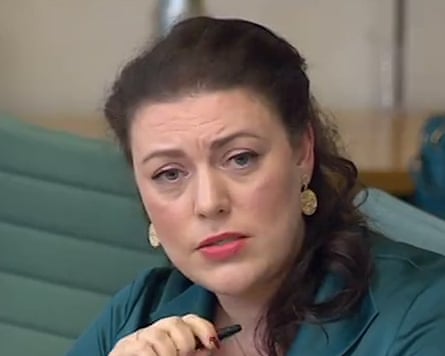
Soon after, the backbencher also became chair of the foreign affairs select committee. At the end of November that year, Kearns led a delegation of MPs from the committee to visit Taiwan, a trip that was heavily criticised by Beijing, which considers the island nation to be part of its territory.
The young researcher, a Mandarin speaker, was “very capable”, Kearns said. She asked Cash to obtain a parliamentary pass – a process that requires a degree of vetting – so he could be more readily available, though he was normally based at a serviced office in Waterloo.
Kearns described Cash as somebody who “often described his love of China – but was always heavily critical of the Communist party”. Cash helped the MP lobby to insert national security provisions aimed at preventing Chinese companies from undercutting British rivals into a procurement bill and expose the presence of covert Chinese police stations in the UK.
She said he was within the trusted personal circles of her staff. Nevertheless, she was confident he had “no access to anything secret” because she was not in government, though she acknowledged he had no shortage of “colour on how parliament works; what do MPs read, consume, how they operate”.
Allies describe Cash as an “old-school guy” who felt a strong loyalty to the UK. “Having always been a law-abiding citizen and working in an area in which I was committed to promoting the interests of my country, I was suddenly accused of betraying that country,” Cash said on Monday, reflecting on his shock at what had been for him and his friend Berry a dizzying turn of events.
For months their arrest in March 2023 remained secret in normally gossipy Westminster. It was not until that September that newspapers picked up the story, but details were limited because it was legally difficult to discuss the case before it came to trial.
The case that the CPS outlined in April 2024 can now be reported on, though prosecutors ultimately decided the evidence for their version of events did not meet the standard required.
The CPS alleged a simple chain of communication from Cash to Beijing’s politburo. An individual judged to be “a Chinese intelligence agent” was said to have commissioned at least 34 reports from Berry on subjects of political interest, some of the ideas for which were touted by Berry. In turn, the CPS alleged, Berry obtained information for inclusion from Cash.
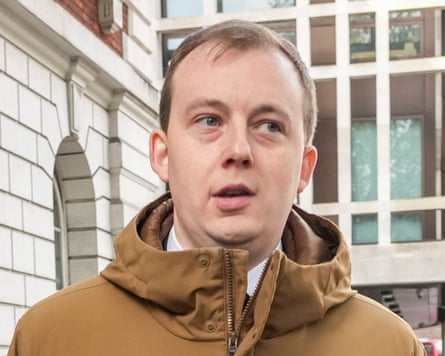
The two had known each other for several years: both were teachers in China’s eastern city of Hangzhou between 2017 and 2019. Though the CPS claimed “most of the information” provided by Cash was solicited by Berry, it said over time Cash shared “unsolicited, ‘off the record’ information too”.
Meanwhile, the “Chinese agent” was alleged by the CPS to have passed on “politically sensitive information” obtained from Cash via Berry to a “senior member of the Chinese Communist party and a politburo member”. This was deemed “prejudicial to the safety or interests of the UK” because the information they passed on was “directly or indirectly useful to the Chinese state”.
China criticised the proceedings from the outset, using language typical of its public pronouncements. This week a spokesperson for the embassy said the allegations were “entirely fabricated and malicious slander”.
Cash did not have to defend himself in court but allies say he was neither paid nor blackmailed into helping. Though he accepts he passed on information to Berry in good faith, it was said to be material in the public domain on how parliament or British politics works, or uncomplicated analyses – who he thought would win the next election.
Berry’s legal team was expected to argue that he believed the 34 reports at the centre of the case were written for a corporate client in China looking to expand in the UK. Armstrong, his lawyer, said the reports were a “confection of open-source material from various sources”, with Berry “offering his thoughts on contemporary politics”. Any information from Cash was unclassified Westminster gossip, he said.
Some speculate that prosecutors were responding to political pressure as Labour tries to improve the UK’s trading relationship with China. Kearns noted that Keir Starmer was “hoping to visit” China, perhaps sometime in 2026, and she accused Labour of a “supine approach” to the ruling Communist party.
On Monday a Downing Street spokesperson said it was “extremely disappointing that these individuals will not face trial”. Similar comments were made by the security minister, Dan Jarvis, during a Commons debate on Monday in which multiple MPs were critical of the outcome. The decision to drop the case had been “an independent one” for the prosecutors, Jarvis said.
Luke de Pulford, the executive director of the Inter-Parliamentary Alliance on China, believes that if the case had gone ahead the defendants would have tried “to litigate the question as to whether China was an enemy”. Such a definition was required by the 1911 Official Secrets Act, under which the two were prosecuted, though it is not by its replacement, the 2023 National Security Act.
Defining China as an enemy goes beyond normal government language and may not have pleased Beijing. In last June’s strategic defence review, China was said to pose “sophisticated and persistent challenge” to the UK. However, the issue is well established and was known about when Cash and Berry were charged.
Prosecutors deny that any outside pressure played a part in their decision. It may have been a surprise, but the CPS says it concluded that the case was no longer strong enough, leaving two wrecked lives in its wake. Armstrong, Berry’s lawyer, said his client, now a self-employed financial analyst, was “just trying to pick up the pieces”.
Cash, meanwhile, said he was unhappy to see some MPs still trying to imply he had a case to answer. “My arrest has destroyed my life and the career I loved,” he said. “This further campaign to assert my guilt simply amplifies the injustice that I have already had to face. I will comment more in due course.”

.png) 2 months ago
44
2 months ago
44
